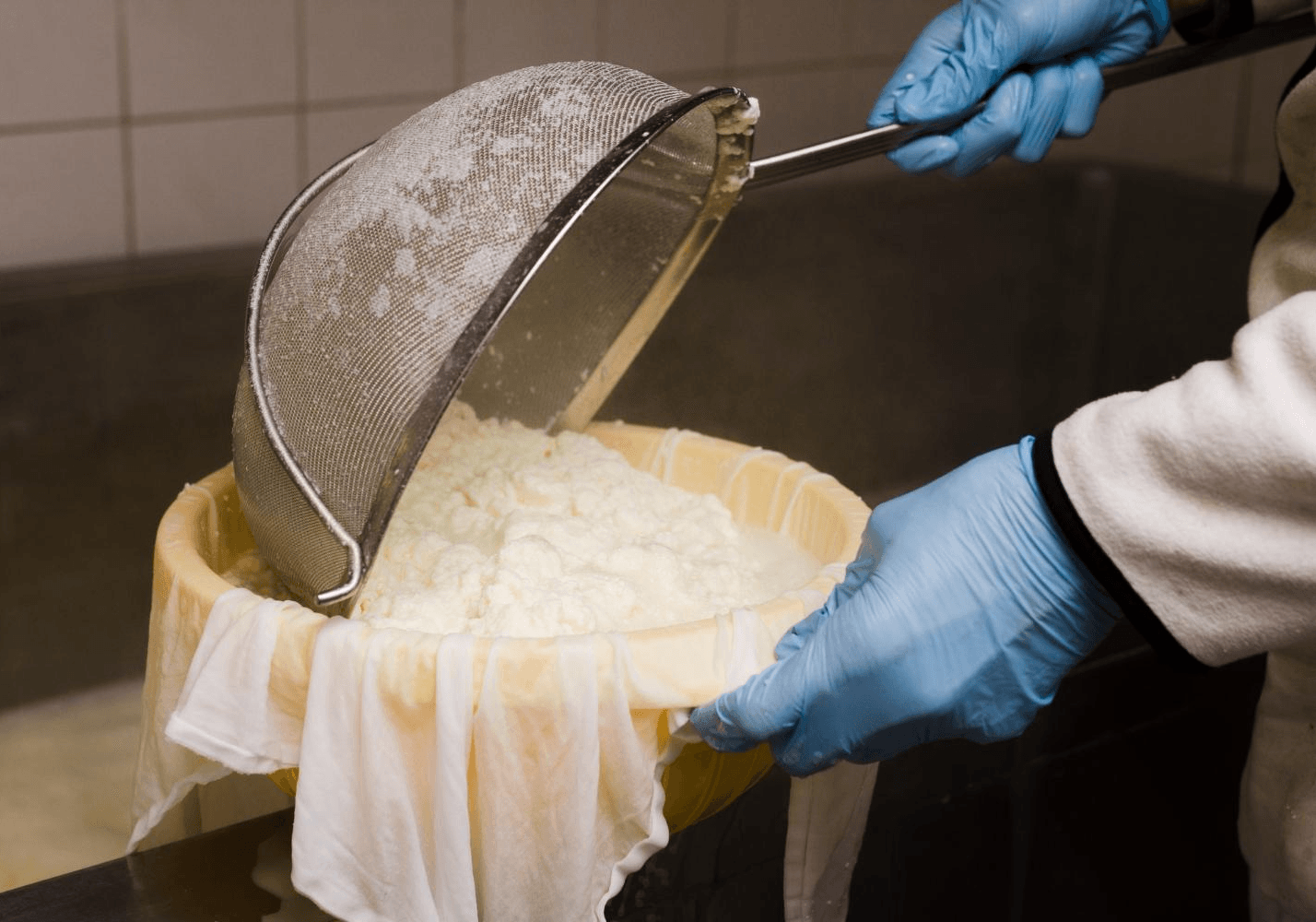The Importance of Emulsifiers in Food Manufacturing

There’s no denying that emulsifiers play a vital role in food manufacturing. It contributes to the texture, stability, and overall quality of a wide range of food products like sauces, baked goods, chocolates and confections, and different types of beverages.
So, what is an emulsifier in food?
Those in the food industry already know the importance of emulsifiers in their recipes. This versatile ingredient is responsible for ensuring that oil and water, which are normally immiscible, can coexist harmoniously within a product, without separating.
How does it manage to do it?
Thanks to its chemical structure and properties.
Let’s look at it from that perspective.
Understanding Emulsifiers from Chemical Perspective
Scientifically speaking, emulsifiers are molecules that possess both hydrophilic or water-attracting, and hydrophobic or water-repelling properties.
Thanks to this unique structure, emulsifiers can act as a bridge between oil and water molecules, preventing the two opposing liquids from separating.
As a result, you get an oily or watery layer in the food mix holding both types of ingredients together.
Now that you understand what is an emulsifier in food and its chemical structure, it’s time to look at its different types used in the food and beverage industry.
Common Emulsifiers in Food Manufacturing
While a variety of emulsifiers are employed in food manufacturing, plant-based lecithin is the most popular and widely used. However, the importance of other emulsifiers cannot be denied either as each holds its own specific properties and applications.
Some of the most commonly used emulsifiers include:
Plant-Based Lecithin
Derived from soybeans, sunflower seeds, or rapeseed, lecithin is a natural emulsifier that is widely used in dressings, sauces, mayonnaise, and baked goods.
Mono- and Diglycerides
These emulsifiers are produced from fats and oils and are often used in ice cream, margarine, and shortening. Nevertheless, the same products can also by prepared using any variation of plant-based lecithin for a better quality final product.
Polysorbate 80
Polysorbate 80 is artificially created using esterification and condensation between sorbitol, ethylene oxide, and oleic acid. This synthetic emulsifier was mostly used in the manufacturing of salad dressings, beverages, and baked goods. But it has recently been replaced with plant-based lecithin to cater to health conscious and vegan customers.
Benefits of Emulsifiers in Food Manufacturing
To continue with the answer to your question about what are emulsifiers in food, well, apart from their capability to mix and hold oil and water-based ingredients, emulsifiers also add a range of benefits to food items, making them essential ingredients for a variety of products.
These benefits include:
Enhanced Texture and Stability
Emulsifiers ensure that oil and water remain evenly distributed, preventing separation and creating a smooth, consistent texture.
Improved Shelf Life
By preventing oil and water separation, emulsifiers extend the shelf life of food products, reducing spoilage and waste.
Enhanced Flavour
Emulsifiers can contribute to a richer, more intense flavour by facilitating the dispersion of taste compounds throughout the product.
Versatility
Emulsifiers can be used in a wide range of food products, from dressings and sauces to baked goods, ice cream, and confectionaries.
Applications of Emulsifiers in Food Manufacturing
As already mentioned a couple of times that emulsifiers are used in a vast array of food products. What has not been mentioned is that in each product an emulsifier has its own specific application.
For example, in:
Dressings and Sauces
They are added to ensure that oil and vinegar or any other liquids, for that matter, remain emulsified, and create a smooth and stable texture in the dressing or sauce.
Mayonnaise
Emulsifiers are also used in the production of mayonnaise. In fact, theta re quite crucial in its formation as they prevent the oil from separating from the egg yolks and vinegar.
Baked Goods
Emulsifiers also contribute to the tenderness and moisture retention of baked goods like breads, pastries, and layer cakes, resulting in a softer, more flavourful product.
Ice Cream
In ice cream, the role of emulsifiers is to prevent the formation of ice crystals and ensure a smooth, creamy texture in the final product.
Conclusion
Emulsifiers are an essential component of modern food manufacturing. They contribute to improved texture, stability, and overall quality of a wide range of food products, while also enhancing their shelf life.
By understanding the role of emulsifiers and selecting the right emulsifier for each application, food manufacturers can create products that meet the highest standards of quality and consumer satisfaction.
If you are a food manufacturer or a sourcing agent struggling in procuring emulsifiers for your factory, consider reaching out to LECITEIN.
The company is committed to providing food manufacturers with the highest-quality plant-based lecithin products to meet their specific needs, and are proud and trusted partners to food manufacturers worldwide.
With a strong focus on innovation and customer satisfaction, we are dedicated to helping our customers create exceptional food products that delight consumers across the globe.
Popular posts
About this blog
Donec sollicitudin molestie malesuada. Nulla quis lorem ut libero malesuada feugiat. Pellentesque in ipsum id orci porta dapibus. Vestibulum ante ipsum primis in faucibus orci luctus et ultrices posuere cubilia Curae; Donec velit neque, auctor sit amet aliquam vel, ullamcorper sit amet ligula. Quisque velit nisi, pretium ut lacinia in, elementum id enim. Donec sollicitudin molestie malesuada.
Created with © systeme.io








